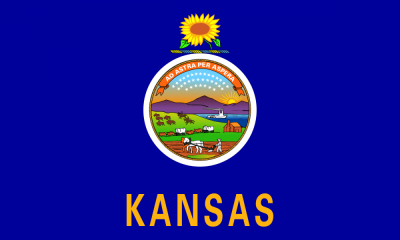Kansas

Kansas has not recognized a right of publicity either by statute or at common law. The state does, however, recognize a privacy-based tort of misappropriation.
Statute
NO
In 2016, Kansas enacted a law that made it a criminal offense to transmit visual depictions of children between the ages of 12 and 18 in a “state of nudity” with the “intent to harass, embarrass, intimidate, defame or otherwise inflict emotional, psychological or physical harm” or “for pecuniary or tangible gain,” or with the intent to transmit to more than one person.
Common Law - Right of Publicity
NO
Common Law - Right of Privacy-Appropriation Tort
YES
The state recognizes both a right to privacy and the appropriation branch of that tort as articulated by the Restatement (Second) of Torts.
Kunz v. Allen, 102 Kan. 883 (1918)
Post-Mortem Right
UNCLEAR
The Supreme Court of Kansas in dicta has suggested that the privacy-based appropriation tort can survive death, even though other privacy-based torts do not, but it has not held that such claims do in fact survive death. See Nicholas v. Nicholas, 83 P.3d 214 (Kan. 2004).
Limits on Right
Is Liability Limited to Uses on Commercial Advertising or Commercial Speech?
NO.
One court, however, has held that the privacy-based appropriation tort is limited to commercial uses of a plaintiff’s identity.
Haskell v. Stauffer Commc’ns, Inc., 26 Kan. App. 2d 541 (1999)
First Amendment Analysis
Kansas sits in the Tenth Circuit Court of Appeals and in Cardtoons, L.C. v. Major League Baseball Players Ass’n, the Tenth Circuit applied a balancing test and held that the First Amendment protected the use of player’s names and likenesses on parody trading cards against a right of publicity claim under Oklahoma law.
Cardtoons, L.C. v. Major League Baseball Players Ass’n, 95 F.3d 959 (10th Cir. 1996).
